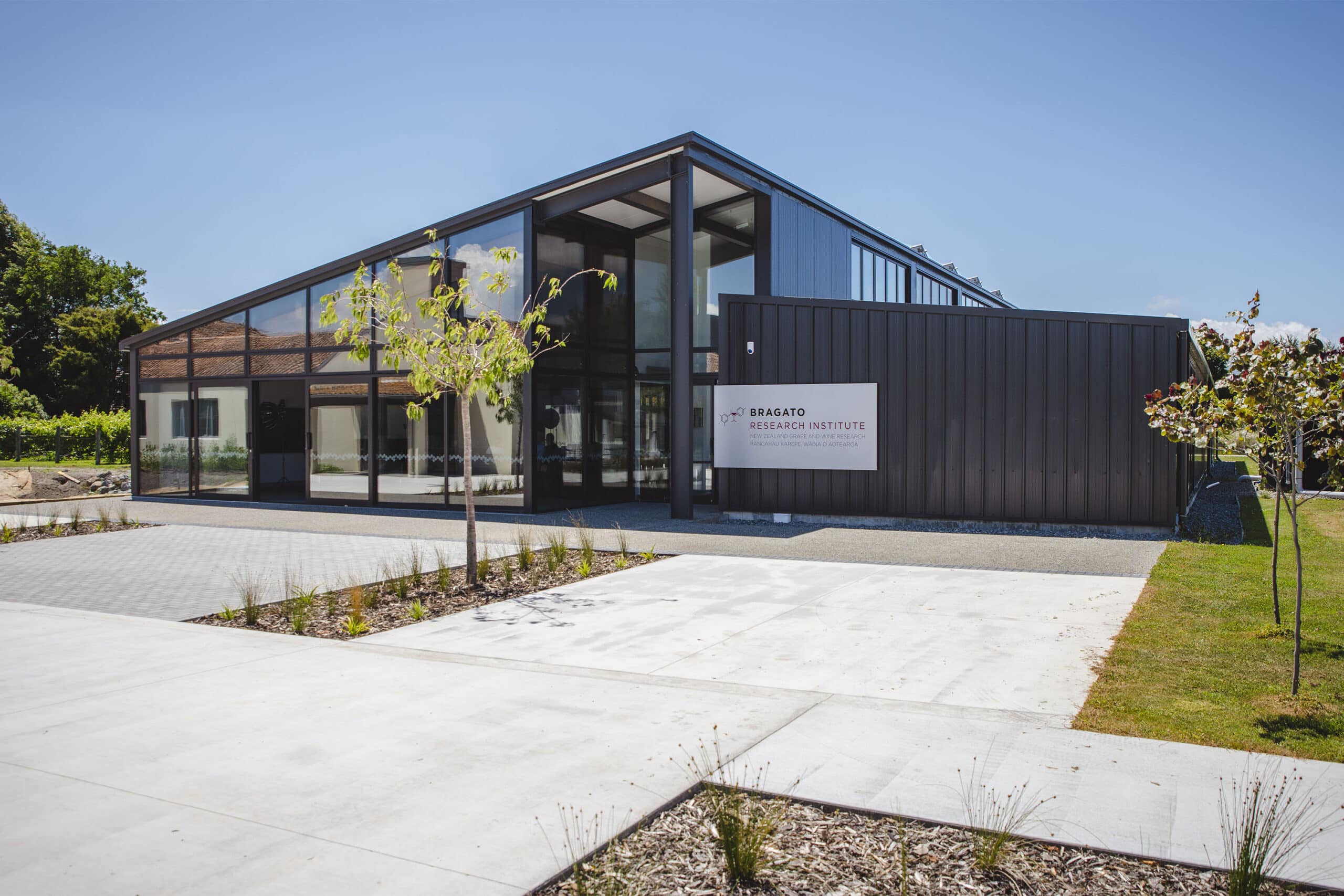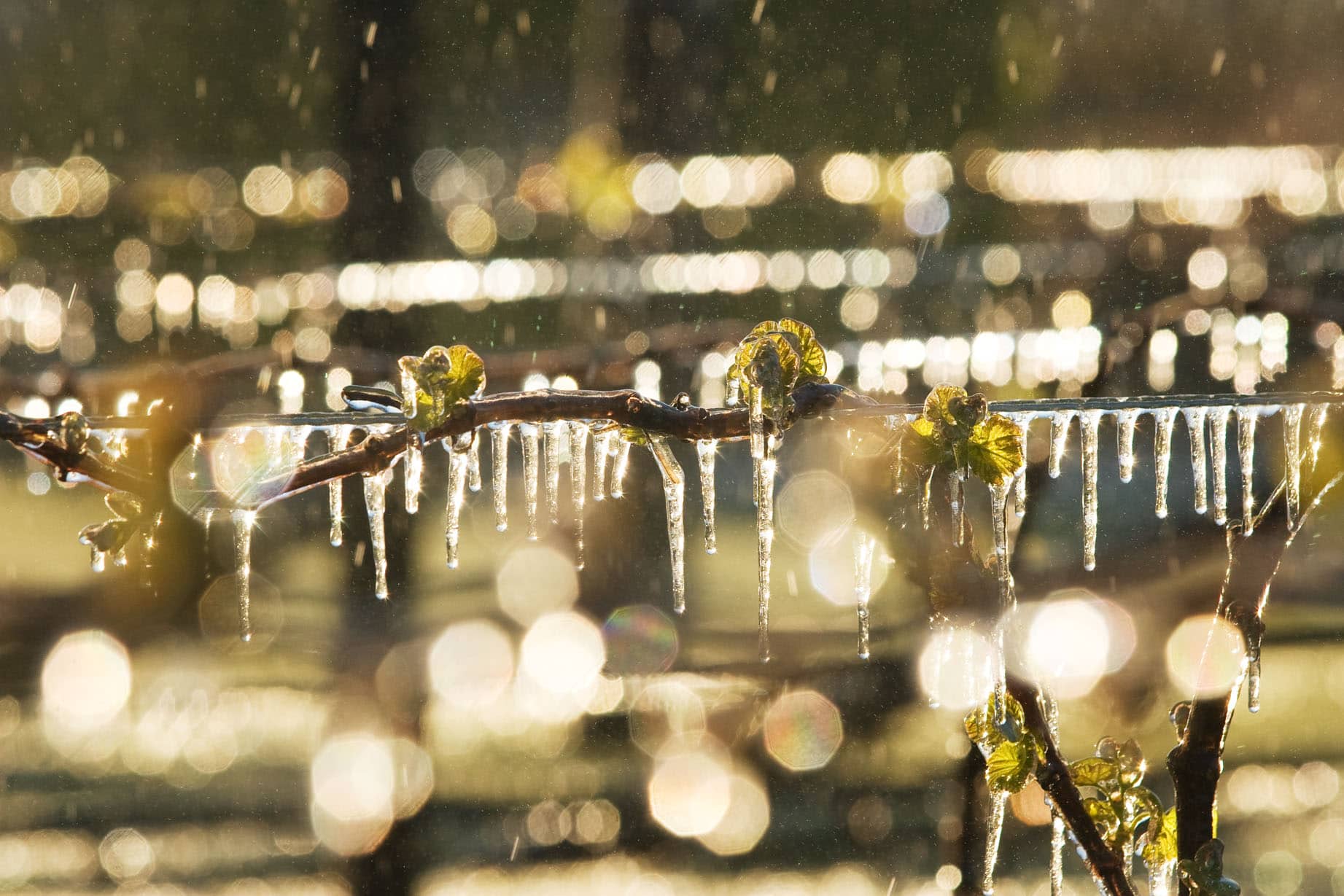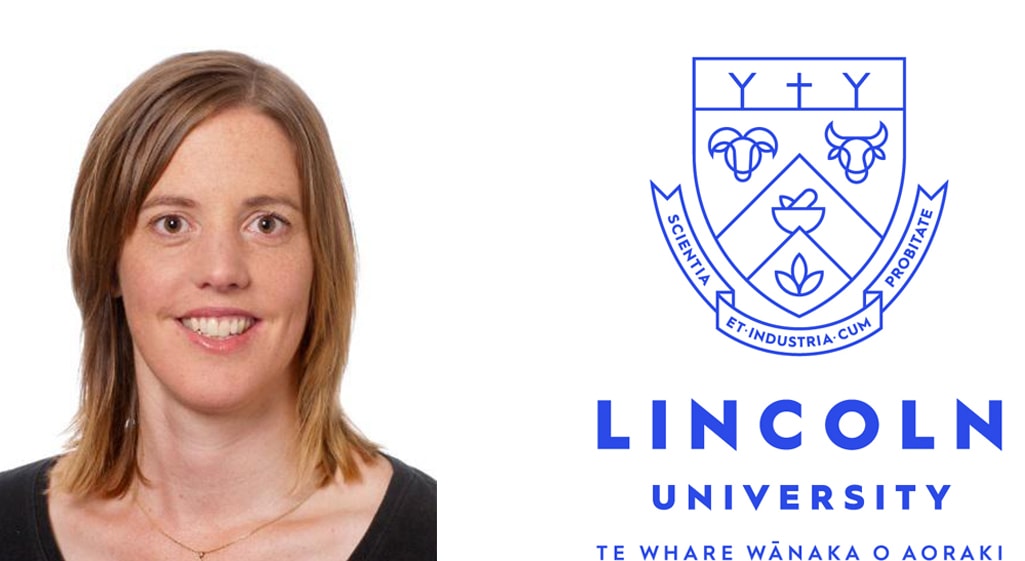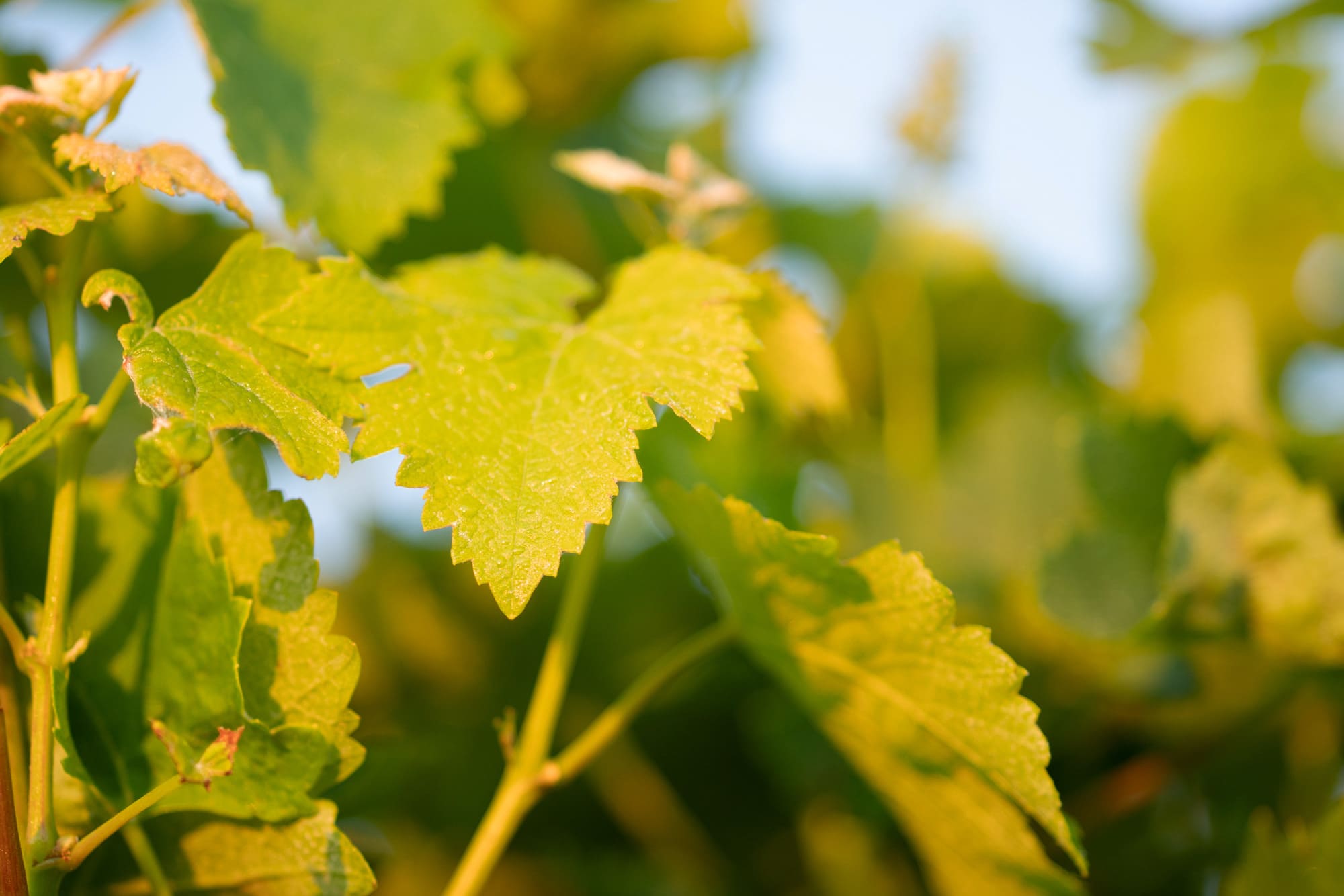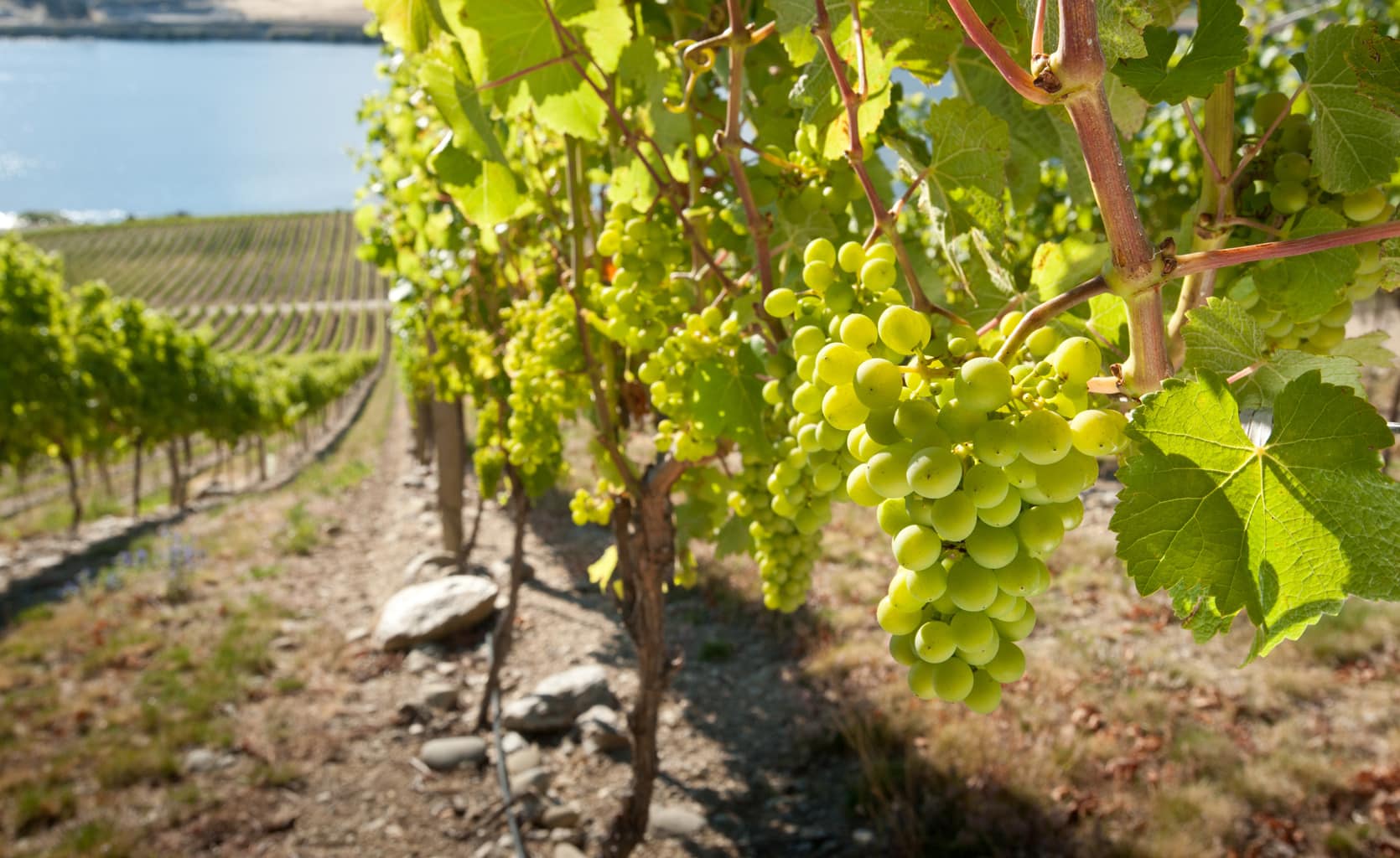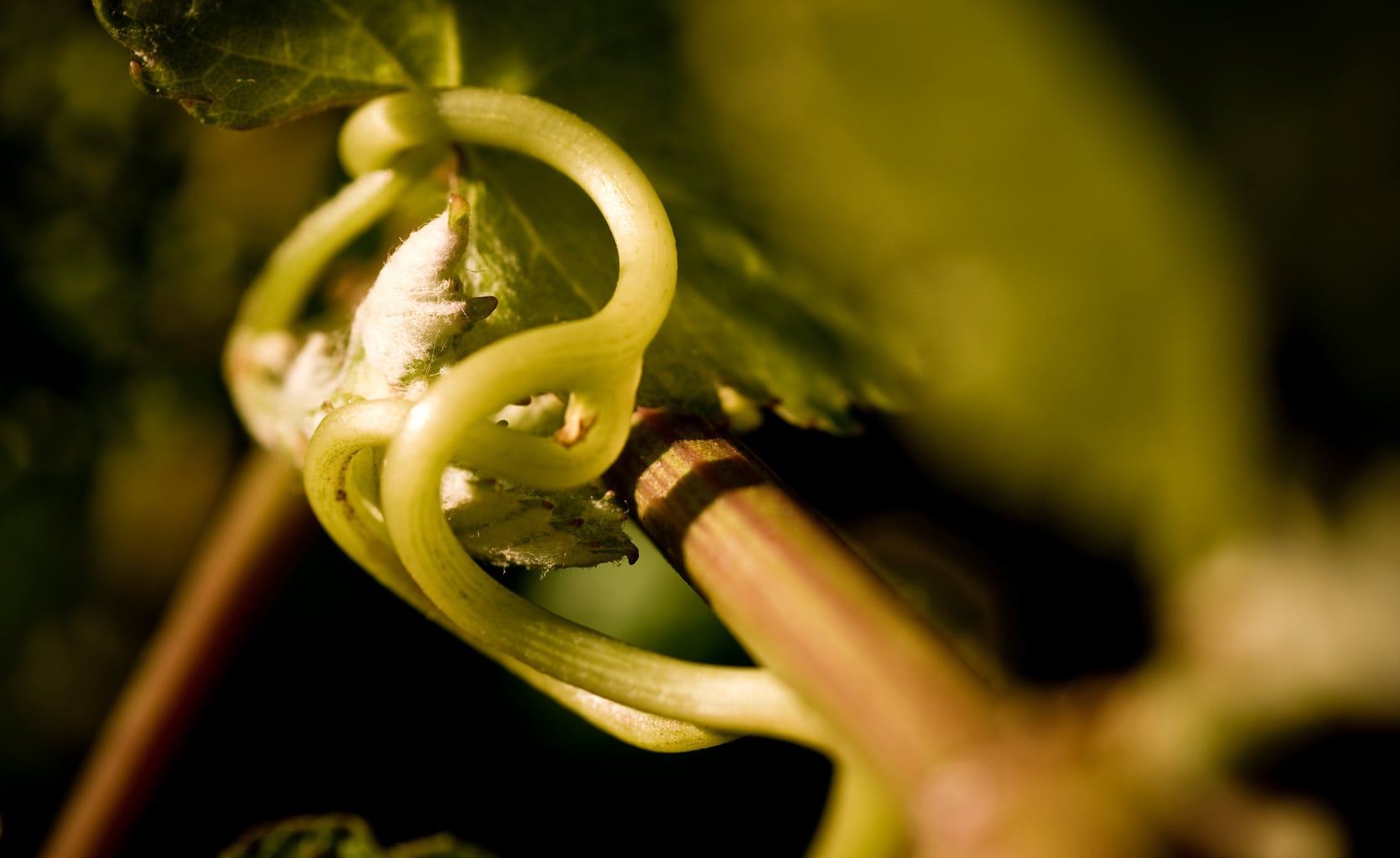In celebration of the International Day of Women and Girls in Science on 11 February, we spoke to some of our scientists about their careers.
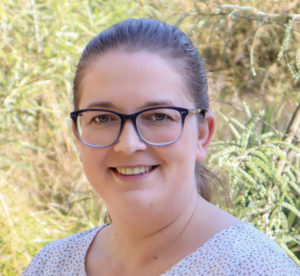 Amy Hill
Amy Hill
Laboratory Manager
How did you decide you wanted a career in science?
I always enjoyed science in school, biology was one of my favourite subjects. After briefly working as an accountant, I realised that I wanted my career to be in a field that really excited me. So, I decided to go back to university to study biology and to see where that could take me.
What did you study and how did it lead to your current role?
Microbiology was the focus of my studies, bacteria in particular. As part of this research, I also learned a lot about genetics and molecular biology. My background in molecular biology helped me towards my current role as Laboratory Manager in the Grapevine Improvement team. My job involves a lot of DNA extraction, PCR, and sequencing which my PhD studies and Postdoc helped prepare me for.
What is your favourite thing about your job?
The people I work with in the Grapevine Improvement Team make my job a lot of fun. In terms of lab work I’ve really enjoyed learning how to perform long read sequencing. I also really like carrying out grapevine variety identification, it’s very satisfying identifying what a mystery grapevine is.
What is a career highlight or your favourite project you’ve worked on?
I’m really enjoying my current work on the Sauvignon Blanc 2.0 project. It’s the most long-term project I’ve ever worked on and I’m excited to see what sort of diversity we can discover over the next few years.
What advice would you give to other women wanting to pursue a career in science?
I would say wherever possible pursue something that interests you. Any career/job will have ups and downs but if the core of what you’re doing is something you are interested in and care about it will be much more fulfilling than if not.
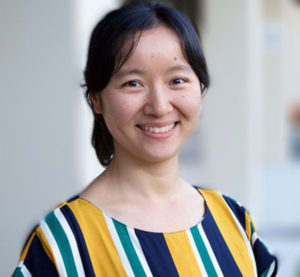 Fang Gou
Fang Gou
Data Manager
How did you decide you wanted a career in science?
My journey towards a career in science was primarily fueled by an early passion for plants that took root in my childhood. From measuring the growth rate of spring onions to exploring the captivating world of botany, my fascination grew. The simplicity of observing the annual growth cycles of plants and being intrigued by unique specimens like the sleepy plant (Mimosa pudica) ignited my curiosity. This journey has become a testament to the joy derived from exploring the mysteries of nature and an unwavering curiosity about the intricate lives of plants.
What did you study and how did it lead to your current role?
My academic pursuits led me to Wageningen University in the Netherlands, where I earned a Ph.D. in Plant Science and delved into the complexities of data analysis and management. This educational journey fueled my interest in the transformative power of data analysis, enabling scientists to extract meaningful insights from intricate datasets and enhancing our understanding of natural phenomena.
What is your favourite thing about your job?
In my current role as a data manager at the Bragato Research Institute, I engage with diverse projects and datasets. The experiences gained during my Ph.D. not only honed my proficiency in data analysis but also fostered a passion for managing and interpreting complex information. Each new project I undertake presents fresh challenges, providing opportunities to acquire new skills and expand my knowledge in the dynamic field of data management.
What is a career highlight or your favourite project you’ve worked on?
One of the highlights of my career involves working on viticultural projects that have meticulously gathered detailed data on vine canopy characteristics. Immersing myself in the analysis, I found immense satisfaction in making the data tell a compelling story, extracting meaningful insights, and drawing conclusive results.
What advice would you give to other women wanting to pursue a career in science?
Reflecting on my journey, I recommend that aspiring women pursuing a career in science embrace curiosity, exercise patience with repetitive tasks, and relish the joy of exploring uncharted territories. The essence of scientific endeavors lies in actively engaging in the process, constructing our understanding, and cultivating our own repository of knowledge.
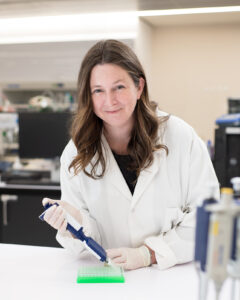 Annabel Whibley
Annabel Whibley
Bioinformatician
How did you decide you wanted a career in science?
I don’t remember actively deciding on a science career as a goal, it was more a series of in-the-moment decisions that brought me to that point. There were definitely some inspirational teachers along the way, though, and also a rather memorable spell of work experience sessions that underlined that, although it ticked some boxes, medicine probably wasn’t going to be a great fit.
What did you study and how did it lead to your current role?
I grew up in the UK and studied biology at Oxford University. I’d fallen for genetics already but went with a very clear plan to study this in the context of infectious disease. Instead, I unexpectedly found myself drawn into the world of plant development. There were some wonderful mentors involved, plus the Plant Sciences department coffee room was far superior to the one in Zoology. This led to a PhD working on the genetics of flower colour in snapdragon, and then to my current role, where am using cutting-edge genomics tools to better understand and improve Sauvignon blanc. In fact, I took a more circuitous route via projects working on butterflies, birds, inherited disease and more. The ubiquity of DNA means that these diverse experiences do connect together to add value to my grapevine genomics research, but there was certainly no grand career plan.
What is your favourite thing about your job?
The first is probably what drew me to science in the first place, which is the puzzle-solving aspect. I get to spend my working hours asking questions of the natural world and devising ways of testing these. And when you do, sometimes, find an answer, and there’s usually a journey involved in that, there’s always another question lurking beyond it. The second is the people I have the privilege of working with. My colleagues have a range of skills and backgrounds. Science, and its allied activities, are a fundamentally collaborative exercise. That means you are typically a part of a diverse and often international team. There’s some alchemy involved, for sure, but teamwork and the magic that happens when you bring people together to tackle a common problem is incredibly rewarding.
What is a career highlight or your favourite project you’ve worked on?
It’s honestly hard to pick, I’ve really been very fortunate. If forced to make a call, I’d say that working on the butterfly wing patterns at the Natural History Museum in Paris would be a particular highlight. It ticked the “big questions in science” box along with providing a close, excellent and engaged scientific community and a wonderful cultural experience. These days, though, my happiest moments come from supporting my students and colleagues in their work and being a bystander to their successes.
What advice would you give to other women wanting to pursue a career in science?
Scientists are naturally curious and I’d encourage future scientists to embrace this – to keep asking the questions that interest them and to follow wherever this takes you, making connections and building a supportive network along the way.


